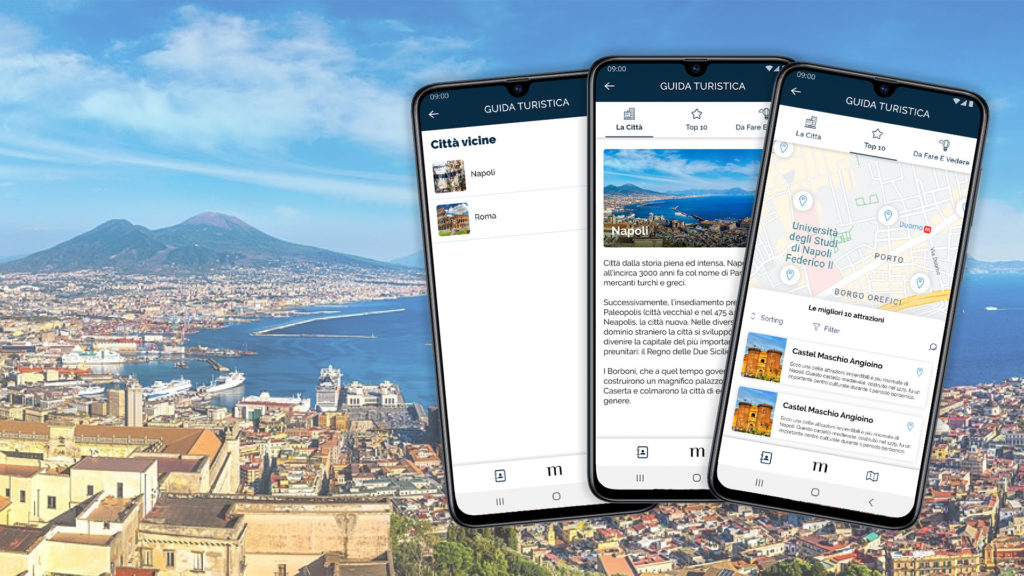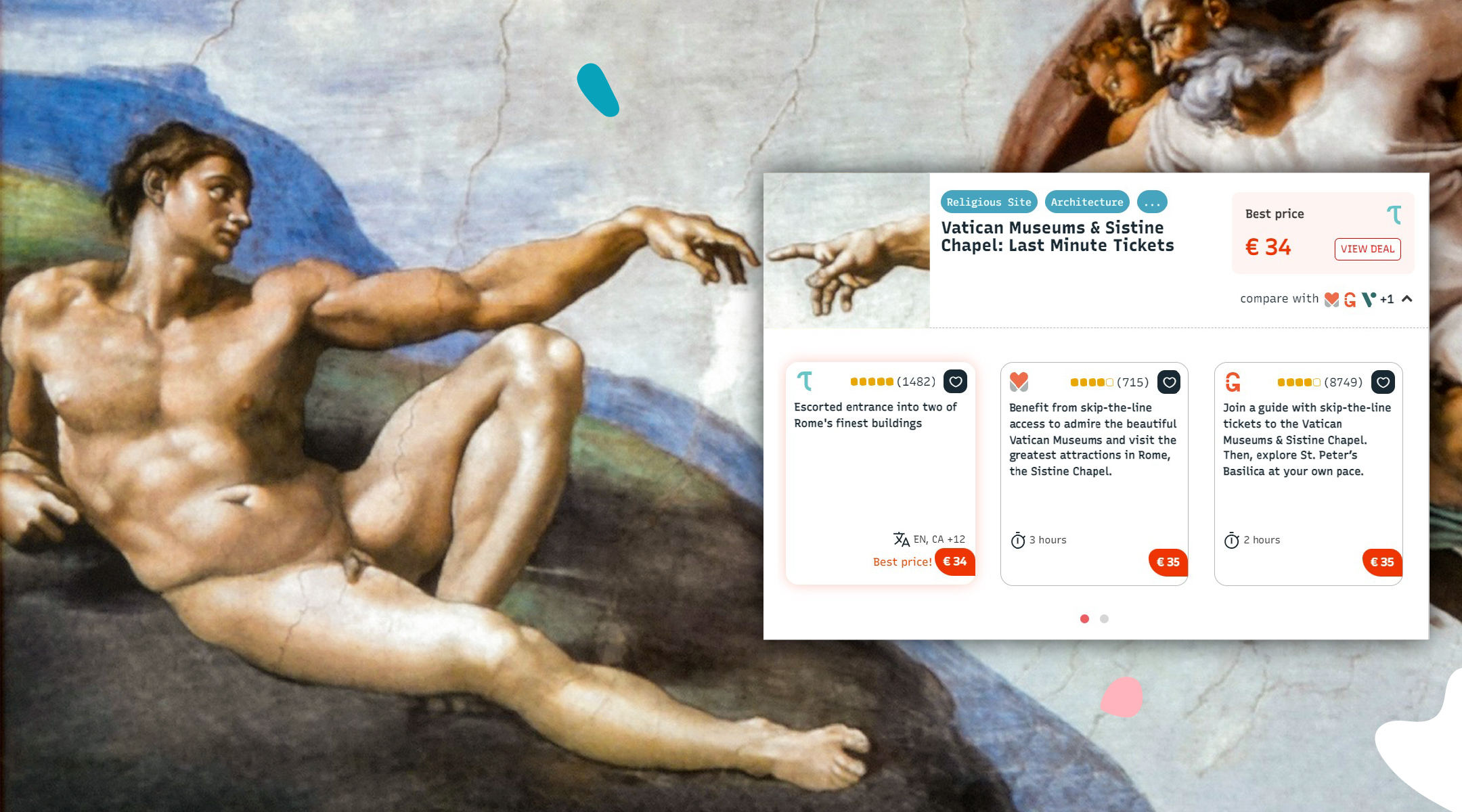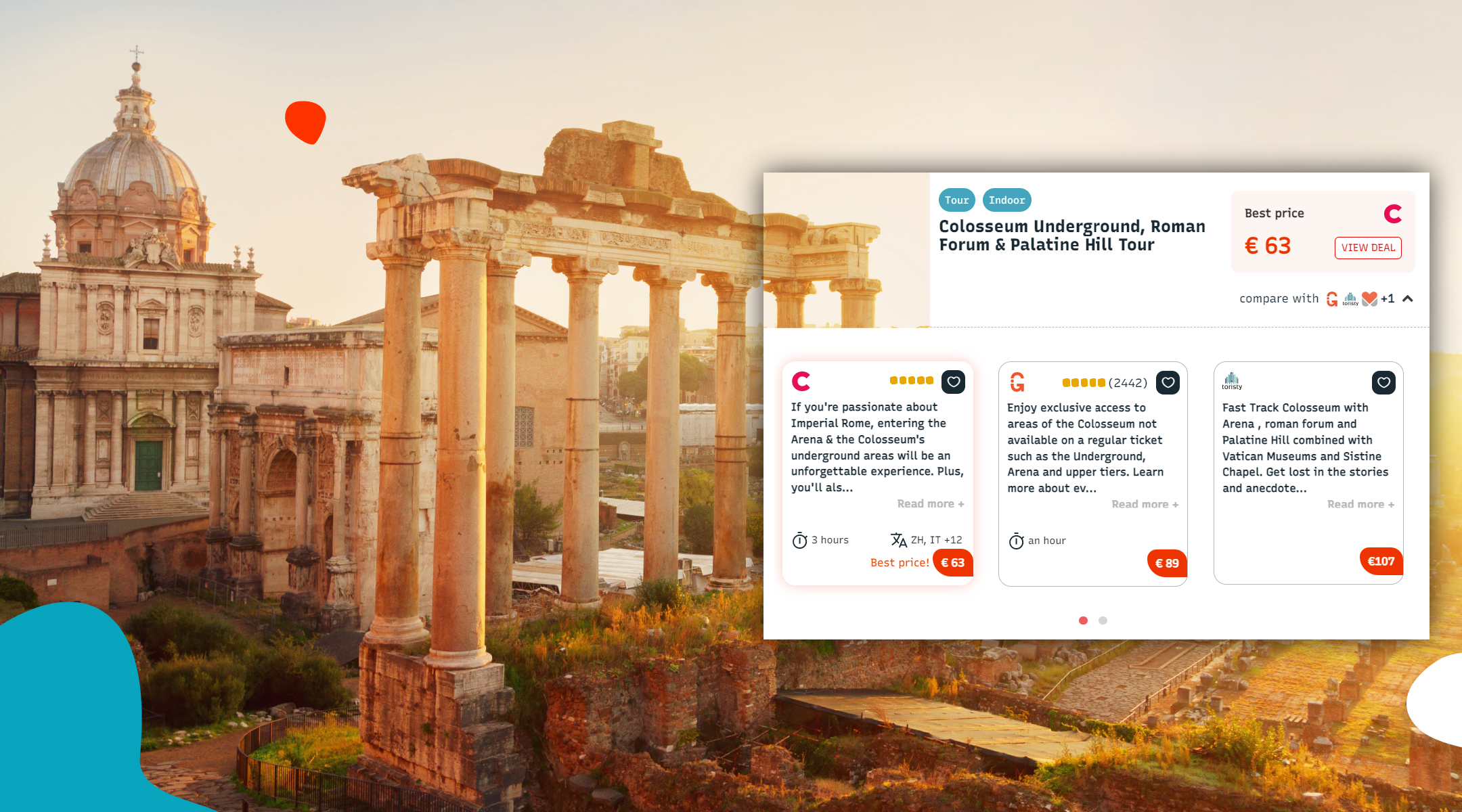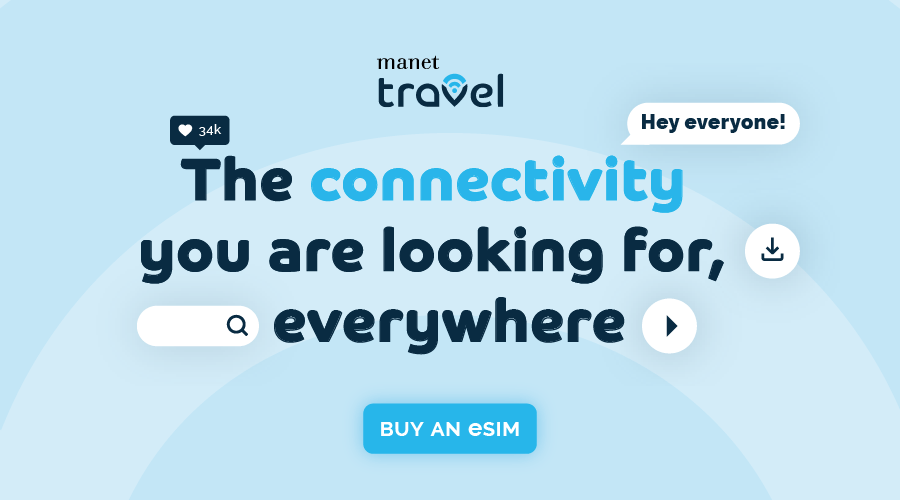Collaboration among companies and academic institutions has historically been an opportunity to bring together the most advanced results of scientific research and the most compelling market needs, which frequently results in the design and implementation of innovative products and services aimed at fulfilling emerging needs or anticipating them by creating pioneering synergies to target new or evolved business opportunities.
This article illustrates an example of a fruitful and long-lasting partnership between Manet Mobile Solutions – an Italian company that develops innovative digital solutions for the travel and tourism industry – and Sapienza University of Rome, which over time has led to the development of solutions that took advantage of state-of-the-art technologies to offer increasingly flexible and personalized tourism services to tourists and travelers for supporting their travel and stay experiences.
The topic of these scientific and industrial research activities focuses on the application of artificial intelligence algorithms to understand the behaviors, habits, and preferences of users who, as tourists, visitors, and/or travelers, enjoy innovative and digital services, customizing them with respect to their demographic profile. Artificial intelligence becomes the tool for extracting from real data (associated with a particular profile) a set of information that enables the distribution of specific content to tailor the services provided to tourists to their interests.
Combined with other modern data processing systems, artificial intelligence can be defined as an enabling technology for making users, providers, services, and content interact in increasingly pervasive and personalized patterns. Thanks to wireless technologies such as Wi-Fi or the 4G and 5G mobile network, activities such as object and location identification, GPS geolocation, data collection, and behavior tracking have recently supported the design of storage, meta-data, and retrieval systems, which enable automatic geo-referencing and delivery of personalized content to the user based on their location or profile, also by introducing machine learning and semantic analysis algorithms. Just think of the common applications of these methodologies in advertising (e.g., geo-localized and profiled advertising on social networks) or satellite navigation (e.g., provision of content, services, and suggestions on navigation apps such as Google Maps or Waze).
Recently, the collaboration between Manet and Sapienza on these topics has resulted in two specific activities: the “Revolutionize tourists’ experience with Manet” (Re-Manet) project and the “wannaticket AI” project.
Researchers from the Department of Information Engineering, Electronics and Telecommunications (DIET) at Sapienza University of Rome, led by Prof. Massimo Panella, together with the Manet Mobile Solutions development team have been engaged in researching and prototyping digital solutions aimed at supporting the delivery of personalized content and services for tourists and travelers during their experiences of using the services offered by Manet to support their travels and stays. These research activities have involved the study of innovative tools such as neural networks, deep learning, fuzzy logic, and evolutionary algorithms to implement solutions for automatic recognition of user interests and behavior based on the analysis of real behavioral data (Manet device usage, geolocation data, metadata of tourism content and services, etc.) that are associated with the individual’s profile for the purpose of predicting his or her interests and, in the future, the interests of users with similar profiles.
In the “Revolutionize tourists’ experience with Manet” (Re-Manet) project, the research activity focused on the study and prototyping of intelligent algorithms capable of enabling a tourist’s enjoyment of dynamic and personalized information content based on the geographic locations previously accessed by users with similar profiles. The project involved a research activity aimed at defining clustering approaches useful for identifying places of interest and the subsequent analysis of the clusters obtained on a demographic basis to highlight recurring behaviors related to the user profile (based on parameters such as gender, age, nationality, travel reason and duration, acquired through a brief profiling performed directly on the Manet device). The identified locations have been further correlated with well-known points of interest, e.g., to highlight the most visited tourist attractions or the most frequented shopping venues, also considering the paths covered by tourists and similar groups of tourists to detect common itinerary trends, including patterns of stop-over and time spent at a particular attraction or point of interest. Every detected point of interest was successively screened by the application of geocoding techniques to extract information about the places themselves (e.g., descriptions, photos, opening hours, contacts, etc.) starting from the detected geographic locations (e.g., using tools such as Google Places API). This information was then cross-referenced with data on visit frequency and number of visitors, as well as reviews available on Google Places, with the goal of sorting places by popularity and rating. These algorithms enabled the implementation of visitor engagement schemes based on the proposition of recommended or suggested places based on the history of previous users.
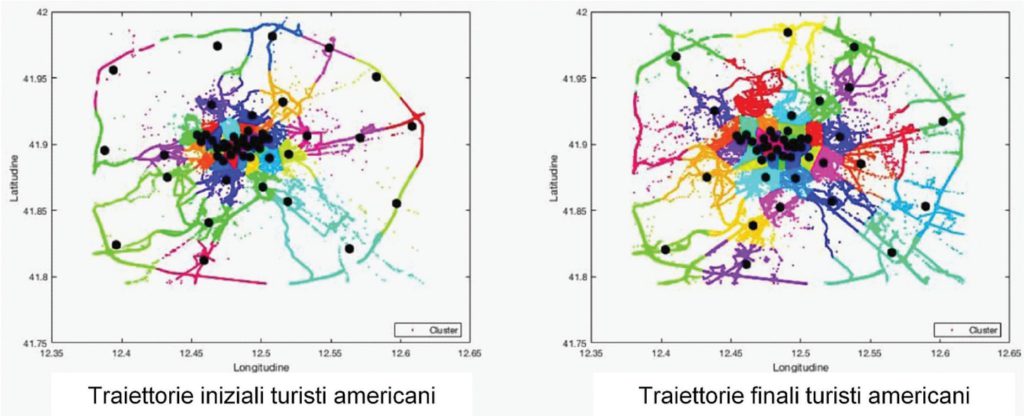
The “wannaticket AI” project, also carried out by DIET researchers together with the Manet team, focused on optimizing the wannaticket.net platform, an innovative web platform allowing users to compare features and prices of tickets for attractions, events, museums, and experiences around the world, avoiding time wasting and additional costs. Project goal was to develop an artificial intelligence approach for implementing an intuitive and accurate filtering system able to simplify the booking process to offer each traveler the opportunity to find the ticket that best suits his or her needs and at the best price. For this reason, the study and research activity helped to define a powerful data analysis engine based on NLP (Natural Language Processing) and machine learning techniques able to classify and group tickets with similar attributes to enable optimal, fast, and intelligent automatic comparison.
As a result of the R&D efforts performed, the platform is now able to offer both a vertical experiences comparison on price and rating (a common feature on many meta-search engines) and an horizontal comparison, grouping side by side similar experiences offered by different providers all over the world.


